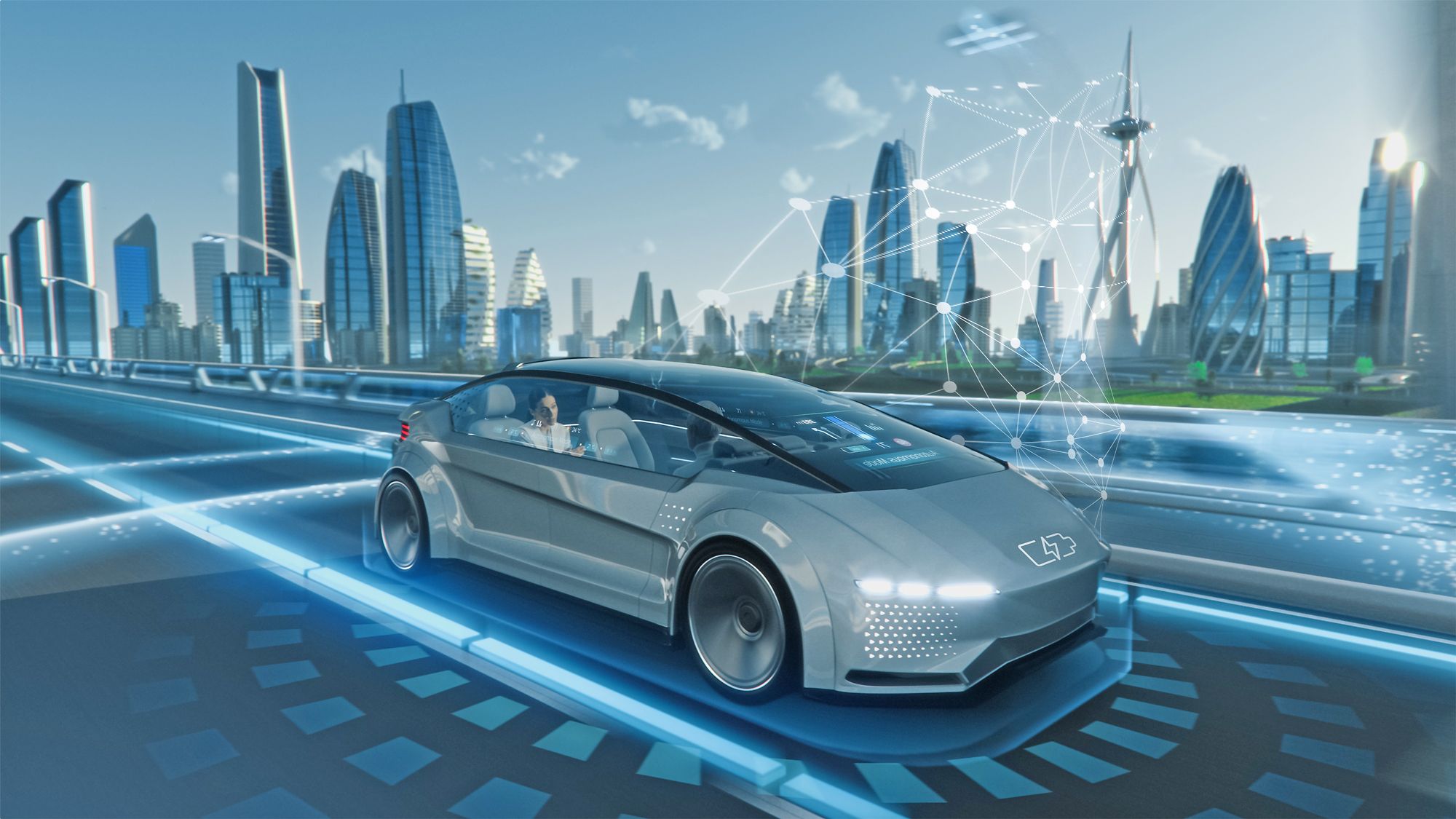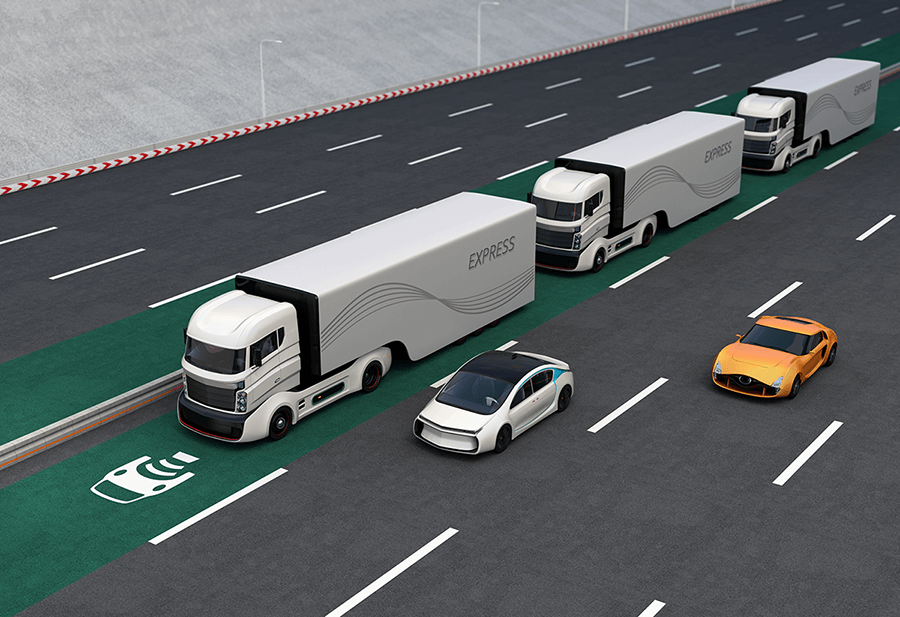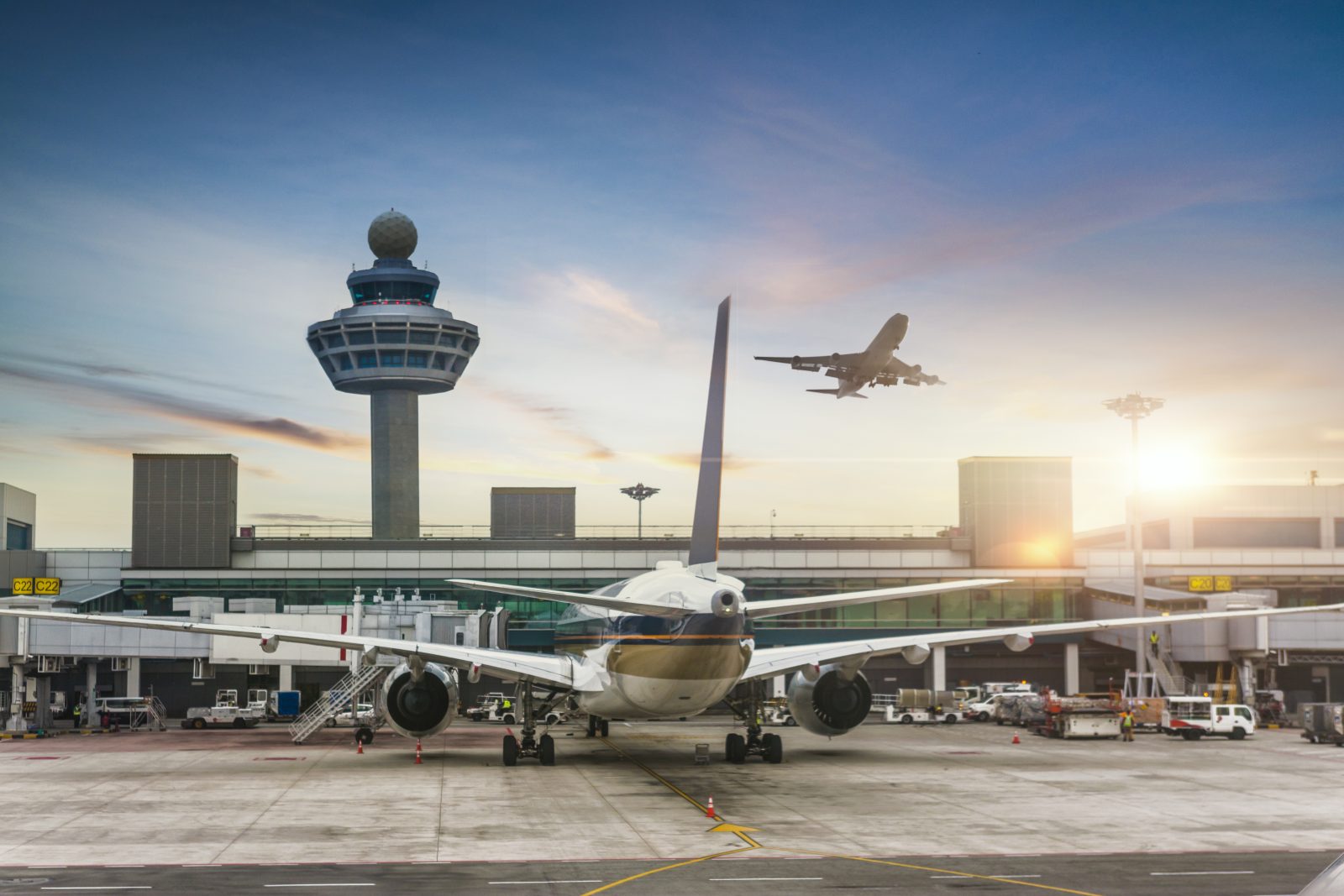Smart Transportation
Smart transportation is a rapidly evolving field that is transforming the way we move people and goods. The integration of advanced technologies such as artificial intelligence, big data analytics, and the internet of things (IoT) is leading to the development of innovative transportation solutions that are more efficient, safe, and sustainable than ever before. There are many examples of smart transportation technologies that are being developed and deployed around the world. Intelligent Transportation Systems (ITS) optimizes the efficiency and safety of transportation through real-time traffic monitoring and control systems, smart parking systems, and advanced traveler information systems. Connected vehicles use wireless communication technologies to share information with other vehicles, traffic infrastructure, and the cloud. MaaS integrates various modes of transportation into a single, seamless service. Drones are being used to deliver goods and services, conduct inspections, and even transport people, and Hyperloop is a futuristic transportation concept that uses high-speed capsules propelled through vacuum-sealed tubes.
Automotive
The automotive sector is undergoing a significant transformation with the development and deployment of smart transportation technologies. With the integration of advanced technologies such as artificial intelligence, big data analytics, and the internet of things (IoT), the sector is rapidly evolving and enabling the development of innovative systems that were once thought impossible. This transformation includes the development of electric and autonomous vehicles, as well as advanced driver assistance systems (ADAS) and vehicle-to-everything (V2X) communication systems, all with the goal of improving efficiency, safety, and sustainability of transportation. As a result, the automotive industry is poised to lead the charge in the development of smart transportation solutions.

Heavy-duty
The heavy-duty transportation sector, which includes buses, trucks, trains, ferries, and ships, is rapidly evolving with the integration of smart transportation technologies. These technologies are being deployed to improve the efficiency, safety, and sustainability of transportation, while also reducing costs. The sector is exploring the use of electric powertrains, autonomous driving, and advanced driver assistance systems (ADAS) to reduce emissions, lower maintenance costs, and increase productivity. With the potential to revolutionize the transportation of goods and people, the adoption of smart transportation technologies in the heavy-duty sector is crucial in meeting sustainability goals and reducing the environmental impact of transportation.

Aviation
The aviation sector is also embracing smart transportation technologies, with the development and deployment of electric and hybrid-electric aircraft, advanced navigation and communication systems, and autonomous drones. These technologies have the potential to improve the efficiency, safety, and sustainability of air transportation while reducing costs. With the aviation industry facing pressure to reduce its carbon footprint and comply with environmental regulations, the adoption of smart transportation technologies is becoming increasingly important. The integration of artificial intelligence, big data analytics, and the internet of things (IoT) is enabling the development of advanced systems that can optimize air traffic management, reduce fuel consumption, and enhance the overall passenger experience.


